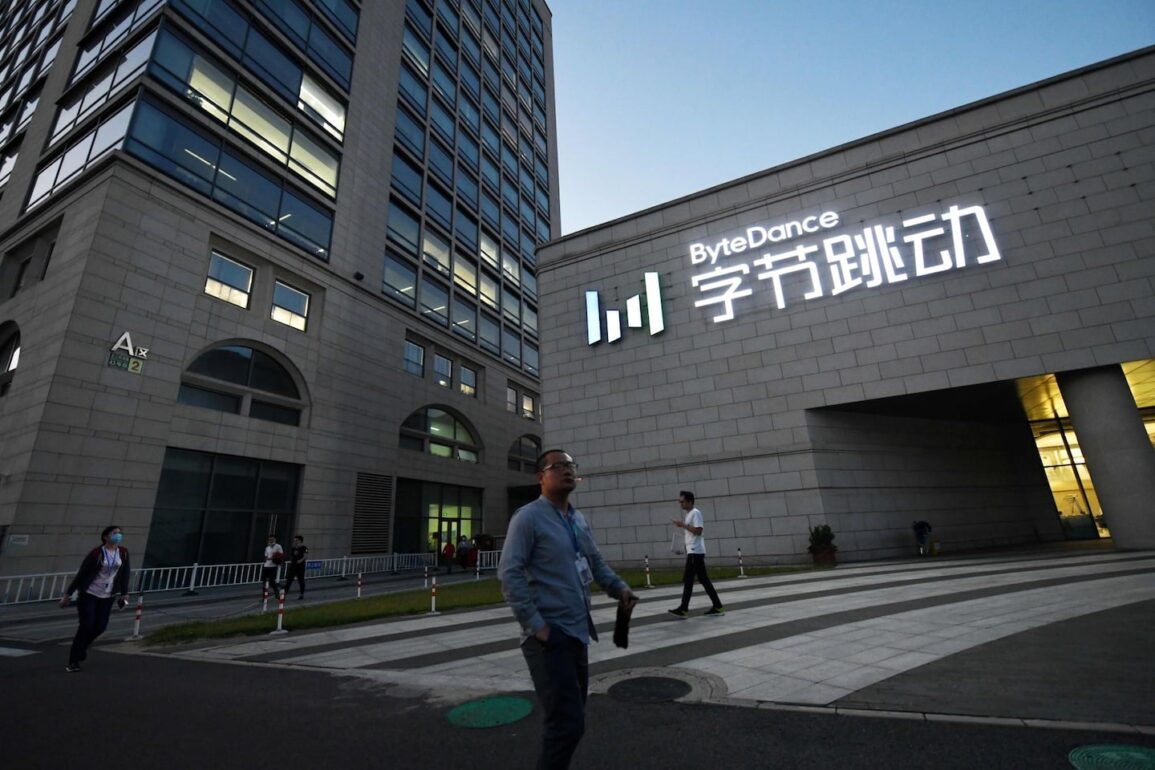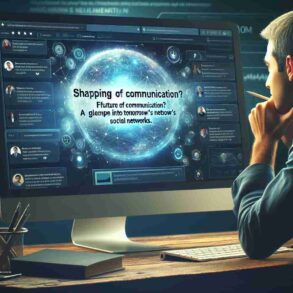In May, billionaire Frank McCourt announced that Project Liberty, an organization he founded in 2019, would bid to acquire TikTok. Unlike other potential buyers who put their names forward, McCourt declared that he didn’t want or need TikTok’s video-recommendation algorithm. He’d rebuild the app using open-source technology and give people control of their data. Appropriately, Project Liberty’s proposed acquisition is called “The People’s Bid for TikTok.”
The news came after President Biden signed a law in April giving TikTok nine months — or until roughly February 2025 — to be sold to an American buyer or be banned in the United States. Banning TikTok is a position that both President Biden and former president Donald Trump once held — before Trump changed his tune earlier this year. TikTok is owned by the Chinese company ByteDance, and serious allegations have been made — including by a former TikTok executive — that TikTok is engaged in espionage and has colluded with the Chinese government.
Despite these claims, the app is wildly popular with Americans. Over 170 million Americans use it, a third of whom are under the age of 14. Worldwide, more than a billion people are on TikTok. Many young people treat it as their primary source for entertainment, life advice, news, culture, music, and recipes and even use it as their search engine.
TikTok has admitted to sharing data with the Chinese authorities in the past; like all companies operating in China, ByteDance is subject to inquiries and demands from the ruling Communist Party. Last year, a former engineering executive at ByteDance sued the company, accusing it of sharing access to Americans’ data and describing TikTok as a “useful propaganda tool for the Communist Party.” After senators were briefed on TikTok’s spying capabilities by the FBI, Justice Department, and director of national intelligence, one senator described the findings as “shocking.” TikTok may be the greatest entertainment app ever devised, the greatest propaganda weapon ever developed, or, frighteningly, both.
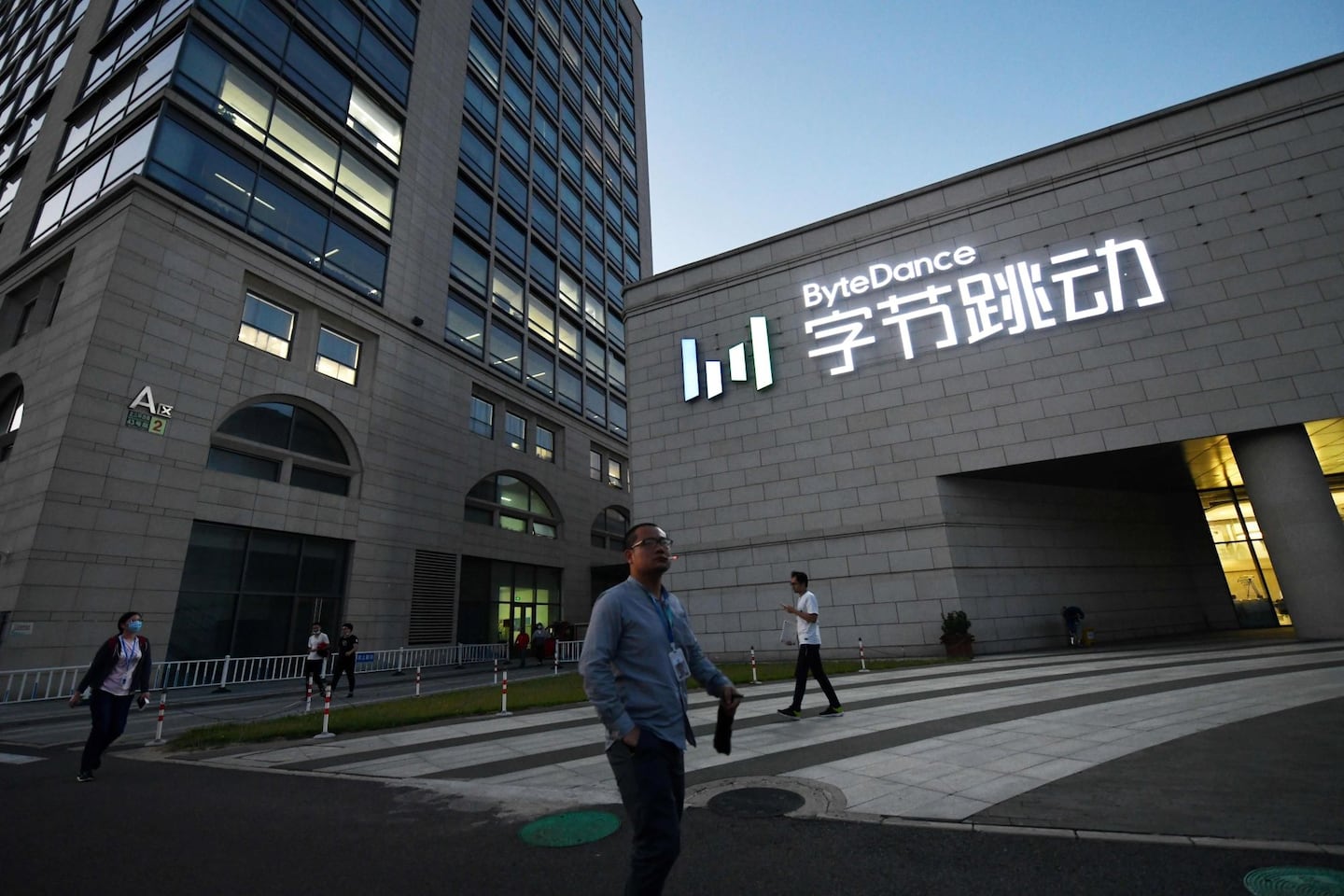
The primary driver of TikTok’s popularity is its recommendation algorithm. TikTok curates a highly specialized feed for each person based on their viewing habits and other data such as their location and what their friends are watching. Other social media companies do a version of this — which is why revulsion at Big Tech now brings Democrats and Republicans together at a time when partisan polarization is at a record high. But TikTok’s algorithm has proved to be the most addictive by far. Study after study has shown that TikTok’s algorithm is meant to hook us, make us outraged, and keep our eyeballs glued to the screen, draining our attention and energy.
TikTok is the most powerful social media company on earth — and yet McCourt says Project Liberty will buy it without its core algorithm. It’s a bold move, and one that should be taken seriously.
He says a redesigned app could mitigate harm to kids and give people a greater stake in the system, creating the foundation for a healthier kind of internet. It is time, he argues, to shift from an attention economy optimized for addiction to an intention economy that puts people back in charge of the content with which they interact.
Project Liberty pledges to retool TikTok on open-source, decentralized technology it has built — called the Digital Social Networking Protocol, which allows individuals to determine which data about them is gleaned and to set the terms for its use. Among other things, the protocol lets people take their data — their contacts, their video-watching history, and their likes, for instance — with them from one social networking site to another. Already over a million people are using the Digital Social Networking Protocol to keep such personal data on the Frequency blockchain, which is a public digital infrastructure.
As it stands now, data about your social media activity is all owned by the platform. You have no choice in the matter — your data is sold, and the platforms make enormous profits. On the new web envisioned by Project Liberty, you would own your data, and you could agree to sell it to the platform or not. In essence, both creators and viewers would become true stakeholders in the platforms, partial owners of their wealth.
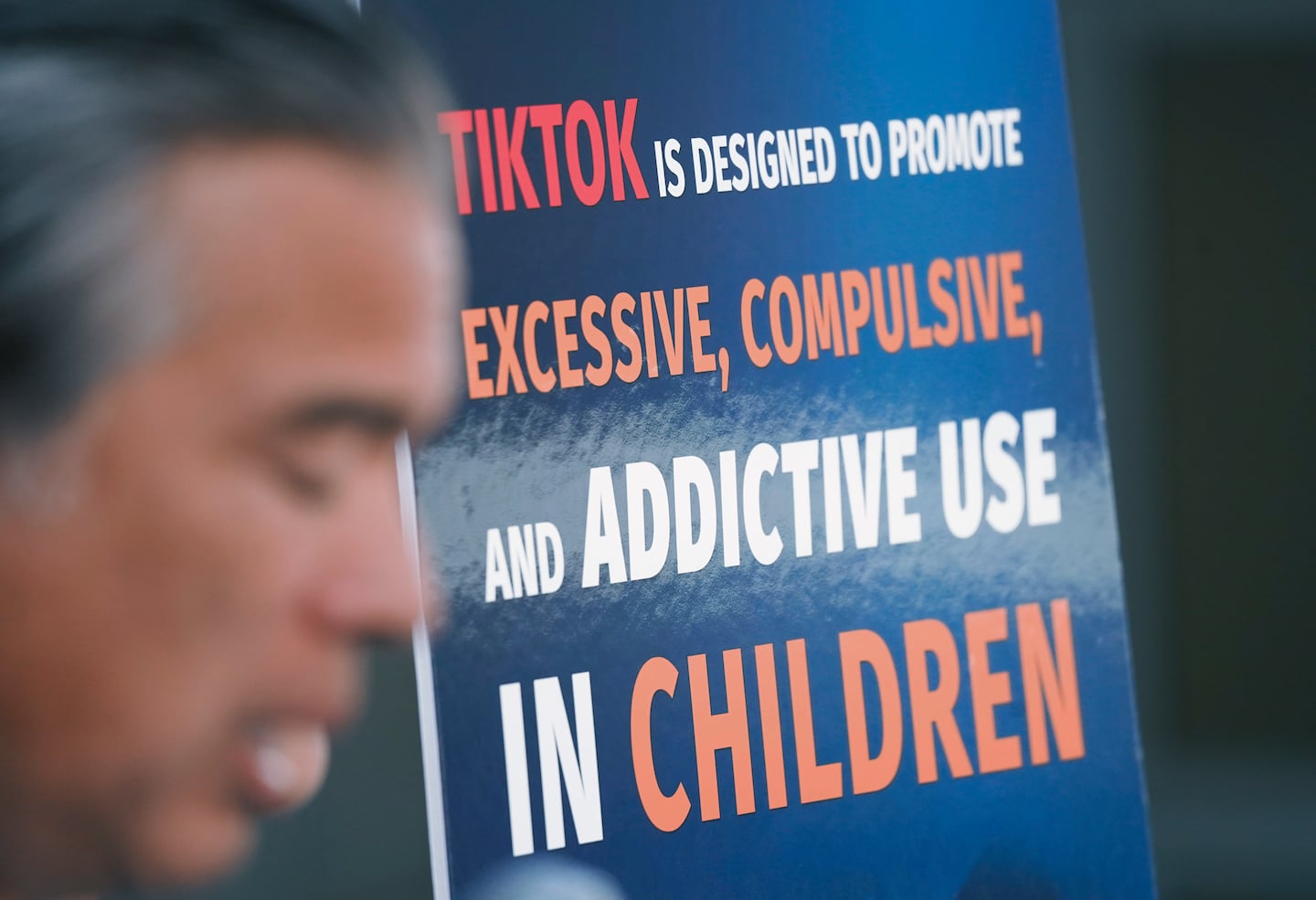
Effectively, McCourt and Project Liberty want to blaze an entirely new path for our digital (and civilizational) future. It is a dazzling proposition. It is also a daunting challenge.
Should the bid go through, which will depend on whether TikTok’s parent company agrees to sell the US business or shuts it down, the new TikTok under McCourt and Project Liberty will still have to compete with other social media platforms — the most powerful technology companies ever built, digital Leviathans with access to unlimited capital and intelligence. They own our data, after all, and determine what each one of us sees. And they have shown a marked resistance to change, even as social media has devolved into a hellscape of disinformation, exploitation, and propaganda.
How free are we, McCourt seems to be asking, if these companies own our data, if we’re being manipulated by their algorithms, and if they get to define our public discourse? It’s an issue that none of McCourt’s billionaire peers seem interested in pursuing.
What happens on TikTok matters even if you don’t use it
Exactly 40 years ago, perhaps the most important book on the modern era was written. Neil Postman’s “Amusing Ourselves to Death” looked back at two great theorists of dystopia, George Orwell and Aldous Huxley, and argued that Huxley was the one who had gotten it right.
“Orwell feared the truth would be concealed from us,” Postman wrote. “Huxley feared the truth would be drowned in a sea of irrelevance.” From his vantage in 1984, Postman thought we were on our way to being threatened not by an all-controlling government but by ceaseless slot-machine pleasures, hooked on doom-scrolling like “Brave New World” characters drunk off the hallucinogenic “soma” drink. The result of this perpetual dumbing-down and tech addiction? “Culture-death,” said Postman.
Today, Big Tech’s stranglehold on our digital world makes this cultural dystopia a real possibility. The algorithms effectively hack our neural circuitry and watch us at all hours, extracting our time and energy. In fact, the algorithms are behavior-shaping: The more you use social media, the more tired and burned out you’ll be. For example, if you open a TikTok account, it won’t take long for the app to know where you are and to show you videos based on your geographic location. The algorithm will rapidly analyze the milliseconds you spend on a video and will then send you more videos to keep you hooked longer. Unlike YouTube, which offers longer and more informative videos, TikTok churns out bite-sized clips meant to be consumed quickly and endlessly. The brain’s desire for novelty means that hours can flash by watching video after video on different topics. These videos are not purely positive or entertaining — it has been documented that TikTok has shown self-harm videos to minors and anxiety-inducing videos to already anxious teens. Once TikTok figures out you are feeling bad, it will send you more videos to worsen your mental state, trapping you in an entertainment-prison of TikTok’s making.
No wonder, then, that according to one survey, nearly half of Gen Z wish TikTok was never invented.
TikTok may have greater influence on American society than any other company that has ever existed. Interestingly, ByteDance’s equivalent of TikTok in China operates very differently from its sister company in the United States. In China, safety settings for minors are automatic and the content is educational and pro-social. Perhaps China, a long-term strategic competitor to the United States, knows something we don’t?
Institutions seem to be catching on: TikTok (along with Google and Meta) is being sued by the federal government, by multiple states’ attorneys general, by the Federal Trade Commission, by the European Union, and by parents whose kids committed suicide after being shown videos that promoted self-harm.
But regulating individual companies isn’t likely to transform social media and the internet as thoroughly as is necessary. What we need is a broader recognition that the internet wasn’t always like this. The internet was originally created, in large part, by public money. It promised that people would be better connected and better informed, and their freedom and privacy would be respected. That vision has been subverted.
That brings me back to Project Liberty’s bid for TikTok and its vision for reimagining the internet to give users far more power. Could Frank McCourt and Project Liberty show the way?
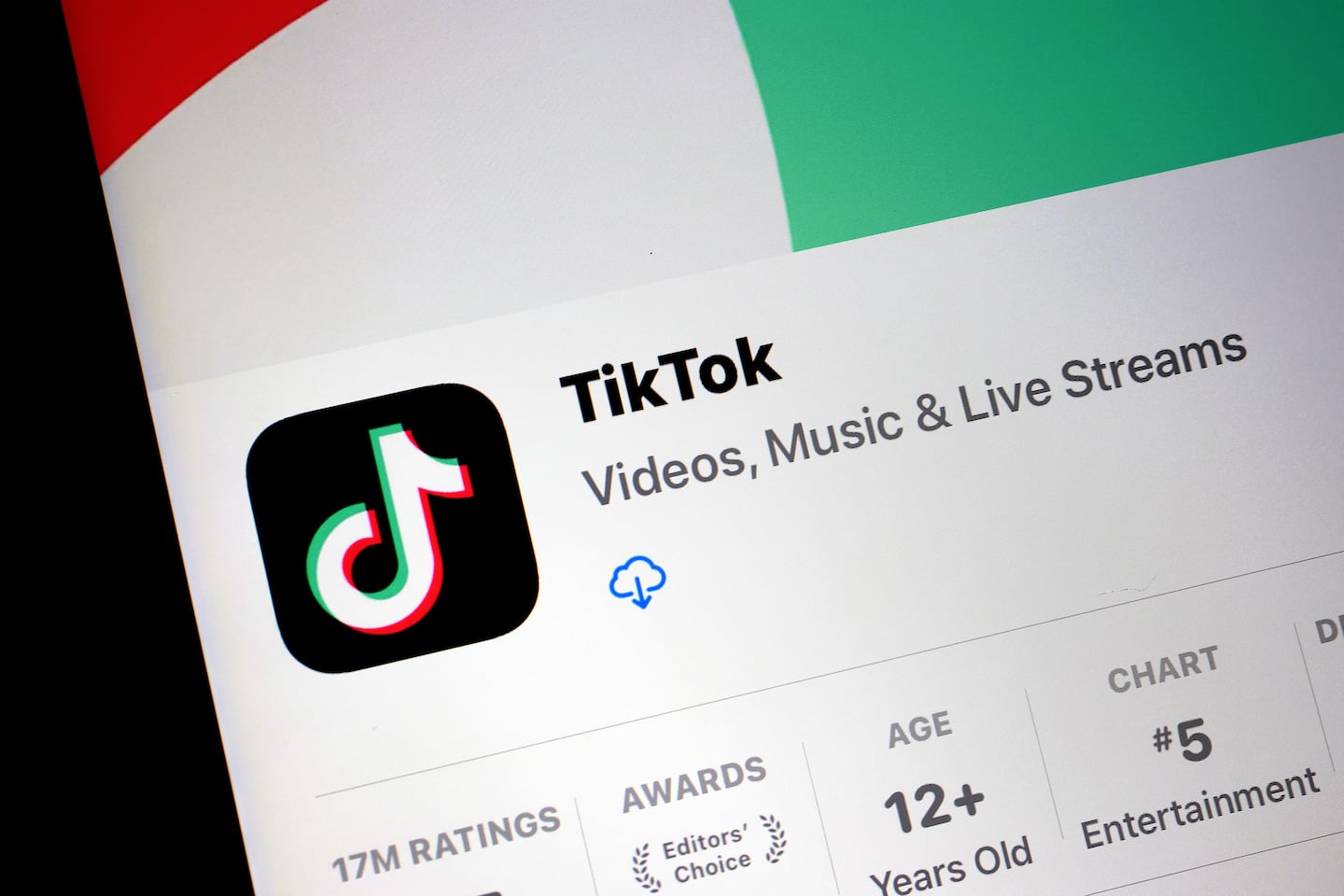
‘The internet is broken’
McCourt and I sat down earlier this year. He had reached out after I published an essay on Thomas Paine that intrigued him. I was a little surprised at first: It is not common to hear of a billionaire taking inspiration from the radically democratic Paine.
McCourt is an heir to a construction business started by members of his family who settled in Boston more than a century ago, building roads when Henry Ford was building cars. He once owned the Los Angeles Dodgers and currently owns a French soccer team, but he stepped down as CEO of his investment firm in 2022 to dedicate more time to Project Liberty and pursue his dream of reimagining and rearchitecting the internet. McCourt has poured $500 million of his own wealth into Project Liberty.
We met on a chilly afternoon at the Newbury Boston Hotel. McCourt struck me as cerebral, sincere, and dedicated. He was interested in Thomas Paine, he said, because he placed the dominance of Big Tech in the context of the American Revolution. His own book, “Our Biggest Fight,” is a manifesto on how citizens can reclaim power from Big Tech giants.
“It’s un-American,” he said. “This extreme concentration of power and control. The harvesting of our data and our entire social existence. The Bill of Rights and Constitution give us certain rights as citizens — and yet those are trampled upon by the Big Tech companies.”
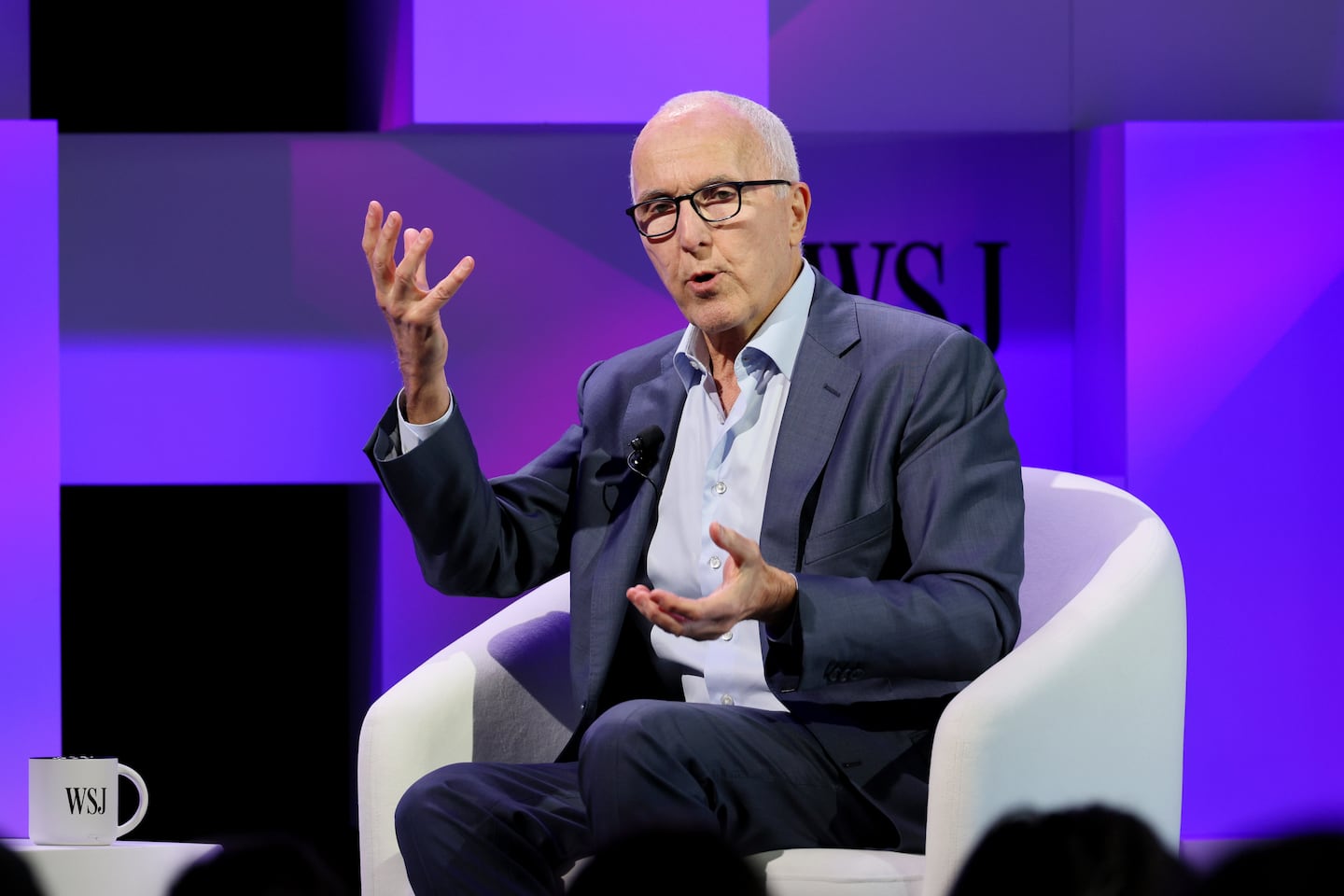
For McCourt, this isn’t just a social media problem. It is an internet infrastructure problem.
“The internet is broken,” he said. “The original purpose of the internet — to make us freer, happier — has been lost. Now we give up our data, our personhood, for nothing.”
Big Tech’s unchecked power is the first problem. “Imagine the head of the Postal Service told you they were going to deliver your mail for free — on the condition they could open your mail and read it, and everything learned now belonged to the service. Your relationships, your ideas, your thoughts, your feelings — everything that makes you human, this oligarchy would control. That’s how the tech giants operate. And that’s what we are going to change.”
Project Liberty is collaborating with computer scientists, public policy thinkers, and academics at institutions like Georgetown, MIT, Stanford, Harvard, and ETH in Zurich to build the foundations of a new web, of which TikTok would be one part. Project Liberty’s bid for TikTok has been endorsed by Sir Tim Berners-Lee, the inventor of the World Wide Web, among other leading technologists.
“Look, it’s not about me — I don’t want to be CEO of TikTok,” McCourt said. “Project Liberty fundamentally believes that we only get to an internet and social media landscape that serves everyone if we build a movement. It’s about each one of us and our kids, and what kind of digital future they are inheriting.”
How would TikTok make money if McCourt buys it and overhauls it? McCourt said he’s not against advertising — he’s opposed to hypertargeted advertising algorithms and the business models they fuel. He envisions a new business model in which individuals would determine the terms of use for their data and companies would have to agree to meet these terms. People could decide whether to sell their data or to keep it, giving them a voice in how the platforms use their information. Digital commerce would still flow, just not on exploitive terms.
“I’m pro-technology,” McCourt said emphatically. “I’m pro-innovation and pro-business. We need ethical and responsible technology. We need to give people a voice and choice in how their digital lives operate.”
In a world where despair and outrage have become normalized, here was a billionaire stepping up with a positive vision. I left our conversation feeling more optimistic about the future of technology. McCourt was a builder, and Project Liberty is building something new. Its vision for a more empowering internet predated the bid for TikTok and will move forward regardless.
Often, when a new vision is proposed for a decaying system, it can come off as pollyannaish or out of reach. But the source code for a new web is in the works, and Project Liberty is inviting the public to be part of its creation. Surely, that is more promising than the status quo.
Omer Aziz, a contributing writer for Globe Ideas, was a Radcliffe Fellow at Harvard in 2022-23. He is the author of “Brown Boy: A Memoir.”



